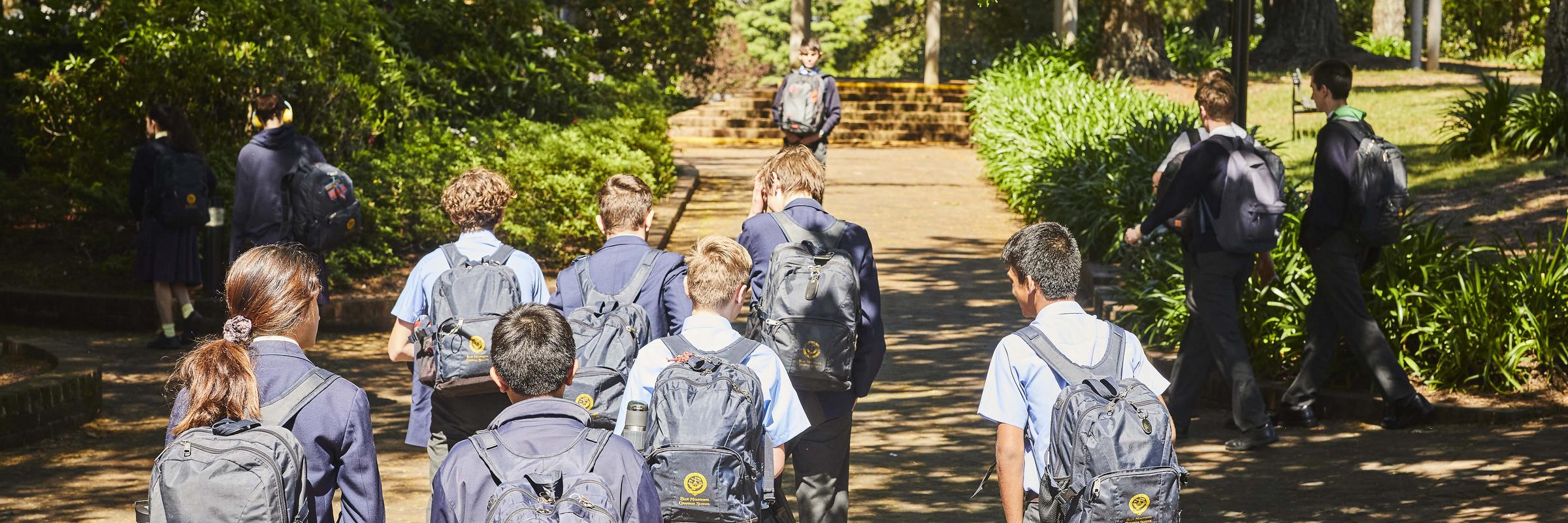School Culture and Character Development

Dear Parents,
As we journey together towards building a nurturing educational environment, we believe it is essential to equip our students with the necessary tools to thrive academically and emotionally. This week, we want to focus on the crucial skill of self-regulation and explore how you can support your child in developing this invaluable attribute.
Self-regulation refers to the ability to manage one's thoughts, emotions, and behaviors in order to achieve positive outcomes. It serves as a foundation for success in various areas of life, including relationships, learning, and overall wellbeing. Research consistently demonstrates the positive impact of self-regulation skills on academic achievement, mental health, and social-emotional development.
Australian studies have highlighted the significance of self-regulation in children's lives. According to the Australian Early Development Census, students with strong self-regulation skills demonstrate higher academic performance and greater social competence. Furthermore, a study conducted by the University of Melbourne found that self-regulation is a powerful predictor of children's long-term success and wellbeing, even more so than IQ or socioeconomic status.
So, what can you do as parents to support your child in developing self-regulation skills? Here are a few practical strategies:
- Be a Role Model: Children learn best by observing their parents. Display self-control and emotional regulation in your own behavior, demonstrating healthy ways to manage stress and frustration.
- Create a Calm and Structured Environment: Establish consistent routines and clear boundaries at home. Providing predictability helps children feel secure and promotes self-regulation.
- Encourage Mindfulness and Reflection: Teach your child the importance of self-awareness by engaging in activities such as meditation, deep breathing exercises, or journaling. These practices can help them recognize and regulate their emotions effectively.
- Promote Healthy Habits: Adequate sleep, a balanced diet, and regular physical activity significantly contribute to self-regulation. Encourage healthy lifestyle choices that nourish both the body and mind.
- Foster Problem-Solving Skills: Encourage your child to think critically and find solutions to challenges they encounter. Support their decision-making process and help them learn from both successes and setbacks.
As we explore the topic of self-regulation, we find inspiration in the following Bible verse:
"Be still before the LORD and wait patiently for him." - Psalm 37:7a (NIV)
This verse reminds us of the importance of finding inner calmness and trusting in God's guidance. By developing self-regulation skills, our children can cultivate the ability to pause, reflect, and make choices aligned with their values and faith.
At BMGS, we strive to support our students holistically, promoting their emotional well-being alongside academic growth. By nurturing self-regulation skills, we empower our children to navigate life's challenges with resilience and grace.
If you have any questions or would like further resources on this topic, please don't hesitate to reach out. Together, let's continue to cultivate an environment where our children can flourish both inside and outside the classroom.
Mrs Mary Shelley
Acting Director of Student Culture and Character Development